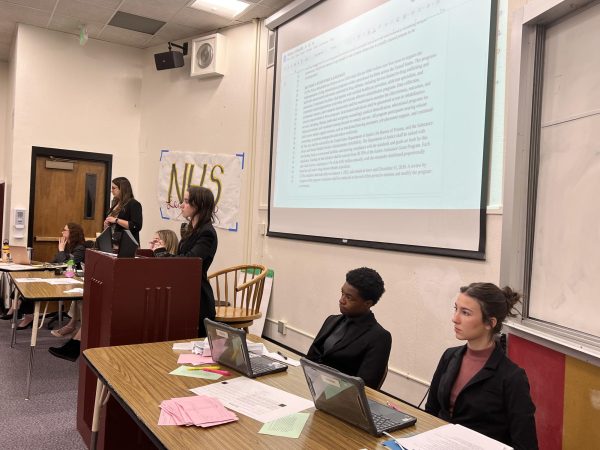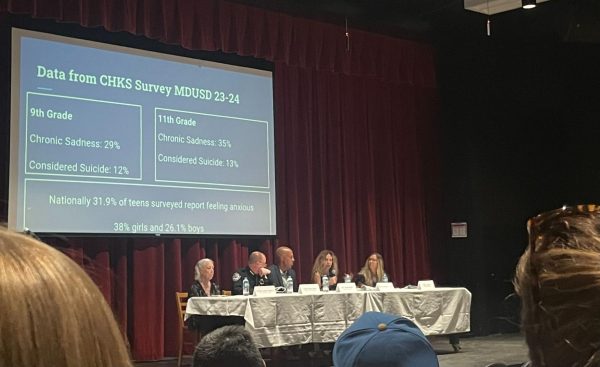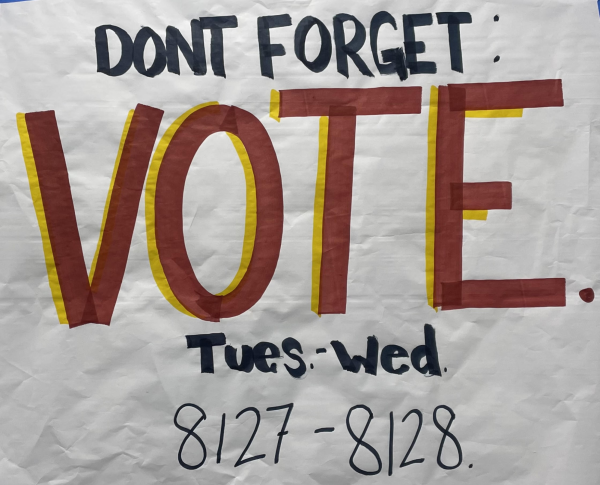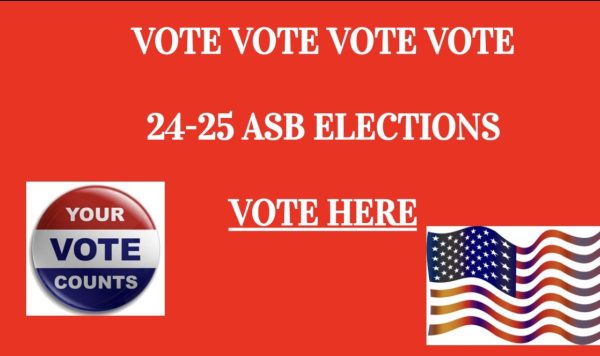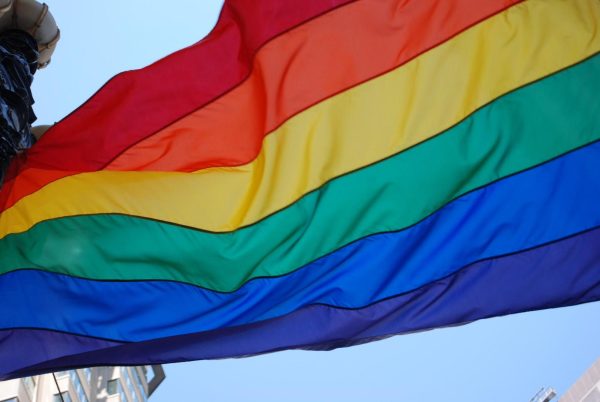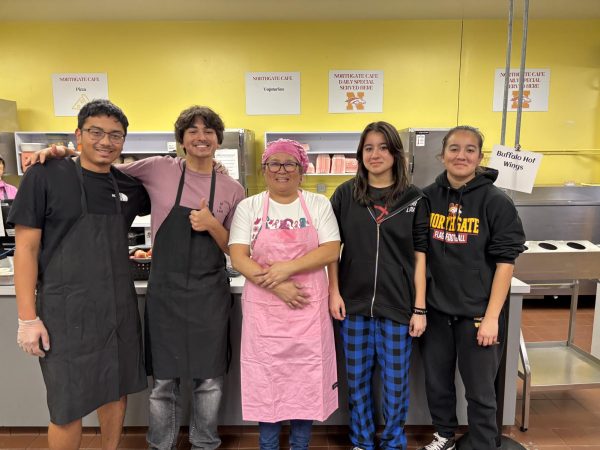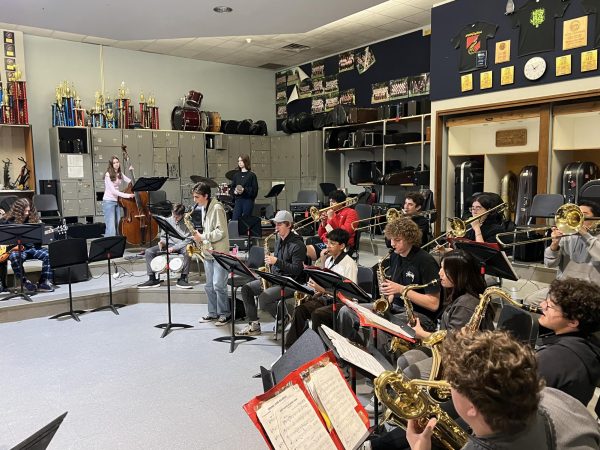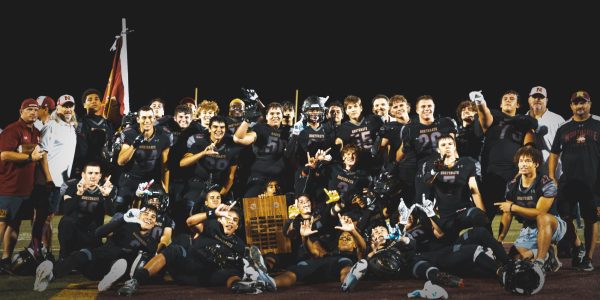Survey reveals students are politically aware and concerned
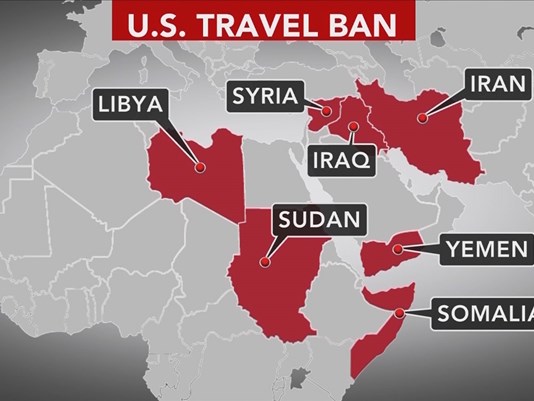
A map depicts the locations in which President Trump initiated a travel ban.
Either because of the recent political turmoil or on their own accord, Northgate students are politically aware and conscious. Whether it be immigration policy, national healthcare, or environmental issues, they have concerns and opinions that they voice openly.
In a February survey following the inauguration of President Donald Trump and the world’s reaction, The Sentinel asked juniors and seniors in randomly selected classes what their thoughts are surrounding recent governmental decisions and public response. The 10-question survey included an opportunity to elaborate on any current executive or legislative decisions or actions. The 183 student responses are a window of what Northgate students care about.
One of the key parts of the survey asked what students use to learn the news. Unsurprisingly, the most popular option is social media, with 59 percent of those surveyed saying they use it to learn about what’s going on in our country. Some students added commentary on the changing nature of social media information streaming from the presidency.
“With the introduction of social media into the president’s arsenal for communication, misinformation of ‘alternative facts’ have gained prevalence-a scary thought,” said junior Katie Blake.
Major news sites took second place as the most followed, with 41 percent of students saying they get their information from these. With the spotlight on “fake news,” and politically biased media, where students obtain their information shows what biases students can carry.
The first question asked if students considered themselves politically aware or active before the November presidential election, and if they now consider themselves currently politically active or aware. About 60 percent of students who responded said they were politically aware before the election, with 5 percent more among students who reported they now consider themselves aware. Some respondents said that public reaction, such as nationwide protests, has shown the presidential race was a tumultuous one, sparking students’ interest in politics and giving them the urge to voice their opinion.
Finally, the most telling question asked what policies enacted and views carried by the newly-elected executive branch and Republican-majority legislative branch worry students. Students were able to choose several choices of concern, some grouped together. Choices included: the immigration and travel ban of seven Muslim-majority countries and the president’s proposal of a wall built between Mexico and the United States; LGBTQ+ rights; international trade; corruption in government; national health care; the Dakota Access Pipeline; and environmental concerns.
By far, the biggest concerns are Trump’s calls for an immigration ban of travelers from seven Muslim-majority countries and a wall built between Mexico and United States, with 92 percent of students claiming it as one of their top choices. Also, 58 percent of respondents said they are concerned with issues that could occur with LGBTQ+ rights, and an equal amount are worried about corruption in government.
“The current decisions being made seem to be a reflection of the historical pattern in which any progress made is quickly met with oppression,” junior Lindsey Cannon said.
The survey was given before U.S. intelligence agencies revealed that the Trump administration was in contact with Russian officials during the election, so the number of concerned students may have grown since then.
Northgate is known for its politically aware student body. The school contains several politically and socially aware clubs, such as Junior Statesmen of America, Amnesty International, and the Intersectional Feminist Club.
While there is clear room for improvement, Northgate’s politically aware student body is a sign that the American youth take political and social issues seriously.
“Now is a critical time for the nation, a house divided, and this inexplicably means that our awareness becomes critical, and our activity becomes crucial: now more than ever. Doing nothing is toxic for progress,” said junior Michael Jewett.
total – 183
Before this election, were you politically active/aware?
yes – 110 (60.1%)
no – 73 (39.9%)
Are you personally affected by the Executive and Legislative branches’ changes?
yes – 52 (28.4%)
no – 131 (71.6%)
If not, do you know … ?
yes – 128 (69.9%)
no – 56 (30.6%)
So you currently identify as someone who is politically aware?
yes – 116 (63.4%)
no – 67 (36.7%)
Have you gone to any protests?
yes – 34 (18.8%)
no – 149 (81.4%)
Which ones?
Inauguration – 12 (6.6%)
Women – 31 (16.9%)
Muslim – 9 (4.9%)
NoDAPL – 8 (4.4%)
Ban list?
yes – 11 (6.0%)
no – 172 (94.0%)
New sources?
TV – 82 (44.8%)
Major sites – 75 (41.0%)
Indie sites – 24 (13.1%)
Social media – 109 (59.6%)
Policies?
MB – 169 (92.3%)
LGBTQ+ – 107 (58.5%)
Trade – 86 (47.0%)
Corruption – 107 (58.5%)
Nat’l Health – 115 (62.8%)
DAPL – 101 (55.2%)
Environment – 103 (56.3%)
Unconcerned – 19 (10.4%)

